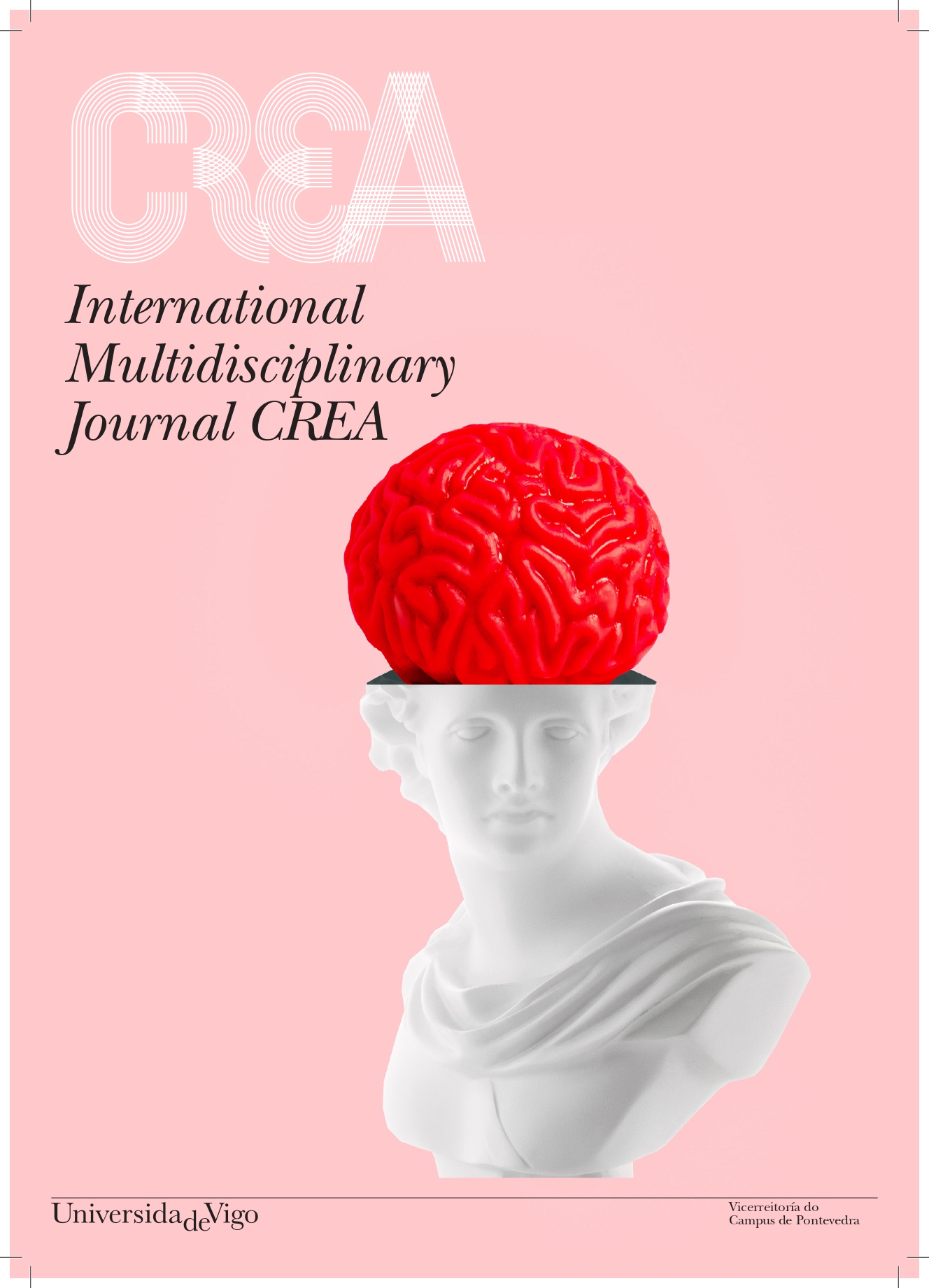Apropiación y prácticas de la inteligencia artificial. Una propuesta desde los talleres lúdico reflexivos y las Ciencias Sociales
Apropiación y prácticas de la Inteligencia artificial. Análisis de casos
DOI:
https://doi.org/10.35869/ijmc.v3i1.4866Keywords:
Big Data, Artificial Intelligence, Playful, Reflective Workshop, Appropriation, Tecnologíes, Digital PracticesAbstract
This article presents a proposal for a Playful Reflective Workshop (PRW) with academics from Tesicafé, an academic space dedicated to research development and consultancy in Mexico. During the PRW, critical and reflective exercises of appropriation were conducted with the participants, while also documenting their practices related to Artificial Intelligence (AI).
The participants enrolled through a free and open call from Tesicafé, selecting a total of 28 individuals associated with academia, representing diverse countries, genders, knowledge areas, and research topics. As a result of this exercise, discussions on AI within the scope of Social Sciences took place, exploring its connections to cognitive capitalism and Big Data, with an emphasis on the agency individuals can exercise in the face of AI.
The article characterizes various AI programs for research, which can be harnessed for ethical and disruptive purposes. Additionally, it highlights the socio-educational risks and opportunities of artificial intelligence in our contemporary society. Finally, reflections on the appropriation of AI among the academics participating in the workshop are presented.
Thus, this article can be regarded as an epistemic approach to the subject matter, while also providing a valuable opportunity for learning about diverse programs, appropriations, and practices that manifest in the current context.
Downloads
Downloads
Published
How to Cite
Issue
Section
License
Copyright (c) 2023 International Journal of Multidisciplinary CREA (IJMC)

This work is licensed under a Creative Commons Attribution-NonCommercial-NoDerivatives 4.0 International License.
Copyright
After the acceptance of an article, the authors will be asked to complete a Publication Agreement. Acceptance of the agreement will guarantee the widest possible dissemination of information. Under this agreement, the copyright will be transferred to the Company / Institution if the manuscript is accepted for publication. Permission from the Company / Institution is required for resale or distribution outside the institution and for all other derivative works, including compilations and translations. If extracts from other copyrighted works are included, the author (s) must obtain written permission from the owners of the copyright and credit rights of the source (s) in the article.
Rights of users
All the articles published in the magazine will be immediately and permanently accessible so that any user can read and download them. The (Re) use allowed for third parties of the published content will be defined by the following Creative Commons license: Creative Commons Attribution-Noncommercial-No Derivative Works (CC BY-NC-ND). For non-commercial purposes, allow others to distribute and copy the article. It also allows its inclusion in a collective work (such as an anthology), provided that the author (s) is cited and the article is not altered or modified.
Publication cost
The author of the accepted articles should not pay for its publication. The Society or the Institution that owns the journal finances the production costs of the manuscripts.








